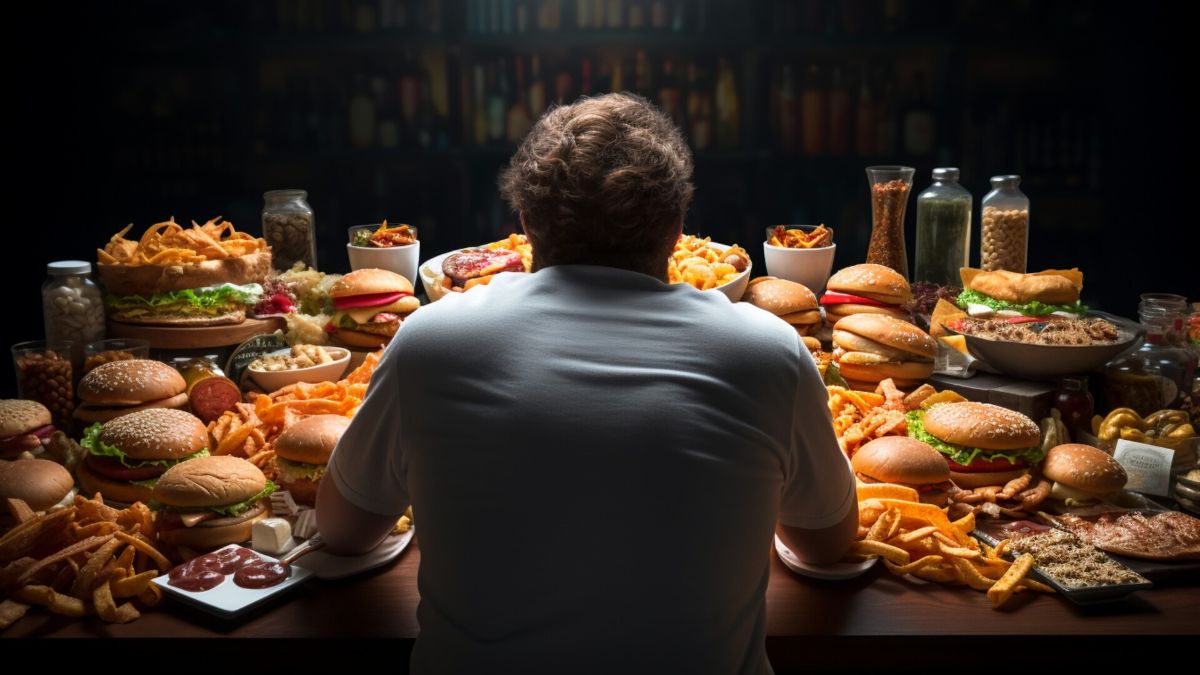Key Components of Aftercare Plan for Fentanyl Recovery
What are the key elements of relapse prevention in an aftercare plan for fentanyl recovery? Relapse prevention is a crucial component of an aftercare plan for fentanyl recovery. It involves identifying triggers, developing coping mechanisms, and creating a relapse...
Exploring the Role and Benefits of Exercise in Detox Programs
What are the Benefits of Exercise in Detox Programs? Exercise and physical activity, when incorporated into detox and pre detox programs, can offer significant benefits for both physical and mental well-being. Physical activity can help alleviate common withdrawal symptoms,...
Exploring the Benefits of Gardening and Nature Activities in Addiction Recovery
Why are gardening and nature activities beneficial for addiction recovery? Gardening and nature activities offer a multitude of benefits that can support your journey to long-term sobriety. They provide stress reduction, relaxation, improved mood, a sense of accomplishment, structure,...
Exploring the Impact of Art Therapy in Addiction Recovery
What is the Role of Art Therapy in Addiction Recovery? Art therapy plays a crucial role in addiction recovery by providing a valuable tool for self-expression, emotional exploration, and stress management. It enables individuals to express their feelings and...
Understanding and Overcoming Challenges in the Detoxification Process
What are the Physical and Mental Challenges in Detox? Detoxification from substances such as Fentanyl can lead to severe withdrawal and should not be done at home or unsupervised, flu-like symptoms, muscle aches, insomnia, and intense cravings are common....
Post-Detox Care in Addiction Recovery
What is the Importance of Post-Detox Care in Addiction Recovery? Post-detox care is crucial in the addiction recovery process as it bridges the gap between detoxification and rehabilitation. It addresses the underlying causes of addiction that detoxification alone cannot...
Relapse Prevention Strategies
What Are the Most Effective Relapse Prevention Strategies? Relapse prevention is essential for maintaining long-term sobriety, especially considering that addiction is a chronic disease. It involves adopting proactive measures, such as identifying triggers and building a strong support system,...
Behavioral Change and Dietary Interventions
What Role Does Behavioral Change Play in Dietary Interventions? Behavioral change is a crucial component of dietary interventions. It involves modifying an individual’s eating habits and lifestyle to promote weight loss and reduce the risk of chronic diseases. This...
Outdoor Recreation and Adventure Therapy
What is Outdoor Recreation and Adventure Therapy? Outdoor Recreation and Adventure Therapy is a form of psychotherapy that utilizes outdoor activities to promote physical, social, and psychological well-being. It encompasses a wide range of activities such as hiking, gardening,...
Impact of Stress and Trauma on Nutrition
How Does Traumatic Stress Impact Eating Behavior? Traumatic stress can significantly influence eating behavior, often leading to adverse health consequences over time. It can trigger coping strategies such as consuming unhealthy foods like sweets and high-fat foods to deal...













